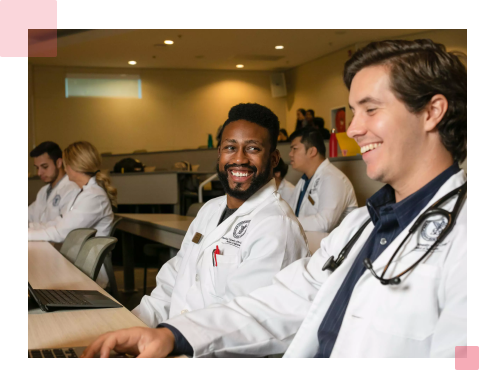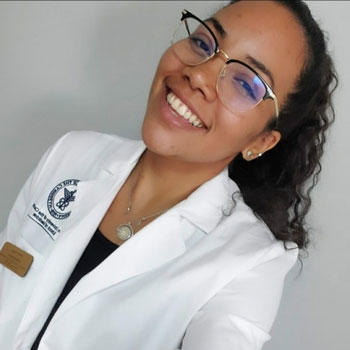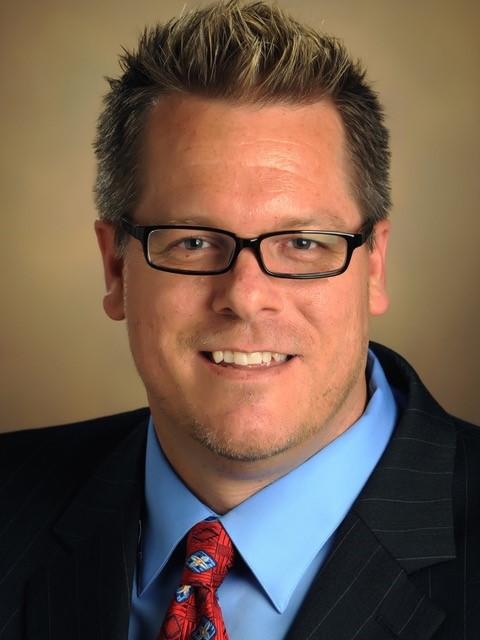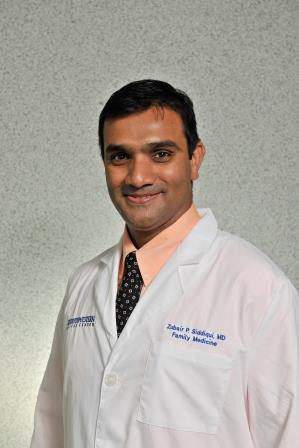Take the Next Step Towards Becoming a Physician
While plenty of physicians have dreamed of being a doctor since childhood, many take a little longer to decide that medicine is their calling. No matter where you are on the journey AUC’s dedicated faculty and staff are committed to transforming hardworking and determined students—who, like you, realized their calling to practice medicine—into highly skilled, disciplined, and compassionate doctors.
1First time residency attainment rate is the percent of students attaining a 2024-25 residency position out of all graduates or expected graduates in 2023-24 who were active applicants in the 2024 NRMP match or who attained a residency position outside the NRMP match.
Hear from Students & Grads Who Changed Careers
Urieliz Cintron
Steven Brooks
Class of 2005
Zubair Siddiqui
Adam Stivala
Class of 2016
Bradley Reed
Trey Kennedy
Shannon Stegall
Class of 2016
Admissions Requirements
AUC’s Admissions Committee considers many factors when reviewing an applicant for admission. These include undergraduate performance and MCAT score, as well as intellectual and social maturity, critical judgment, adaptability, volunteer work, and life experiences, and graduate school performance (if applicable). We call this a holistic approach to admissions—a process that looks at an applicant as a whole person, not an exam score.
Already Have a Bachelor's Degree? Get Started on Your MD
Our MD program is open to qualified candidates with a first degree, minimum Bachelor’s or equivalent, in any discipline (science-focused study preferable but not mandatory), from an accredited university.
We encourage our career changer candidates to speak with a member of our medical school admissions team to discuss their opportunity to attend AUC, including the competitiveness of their MCAT scores, GPA and other requirements.














